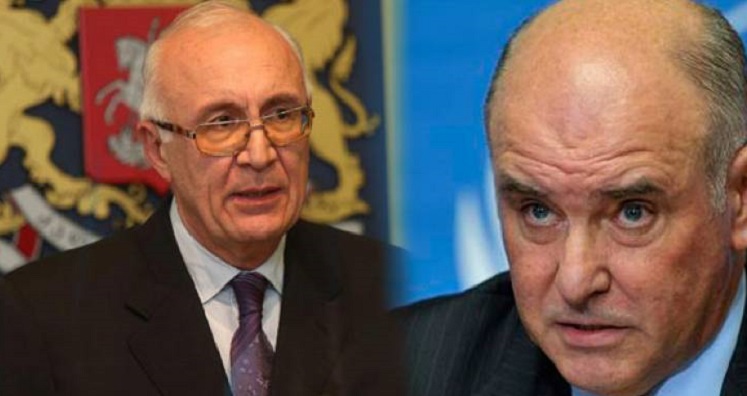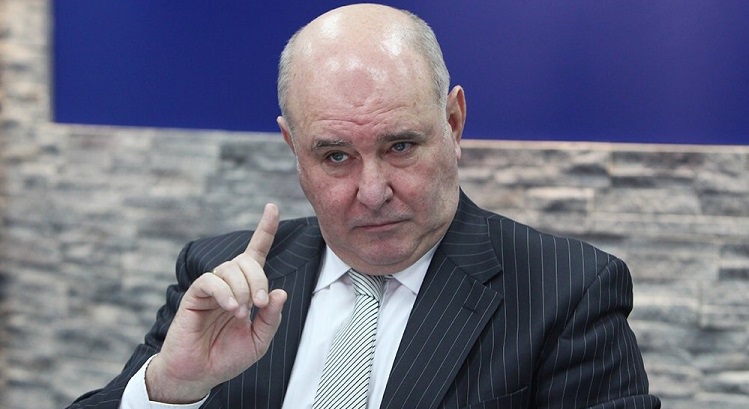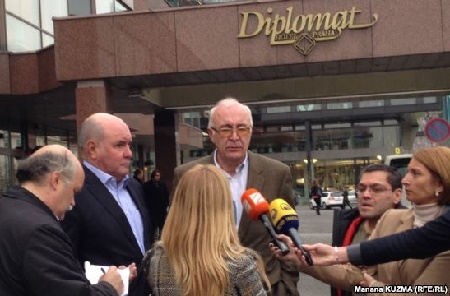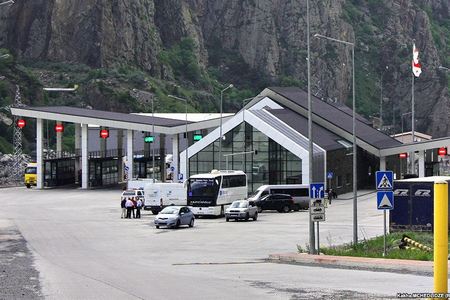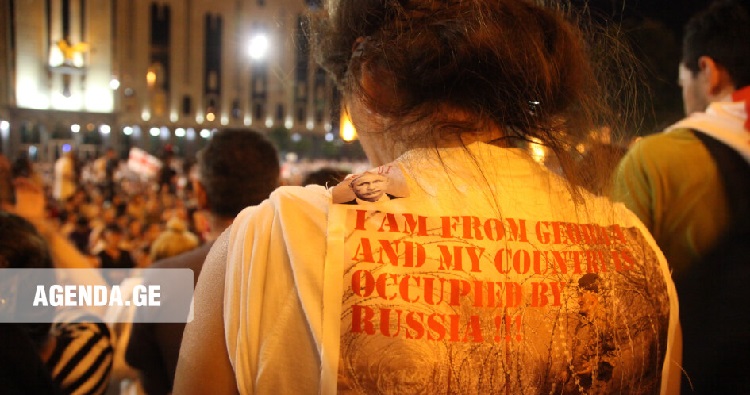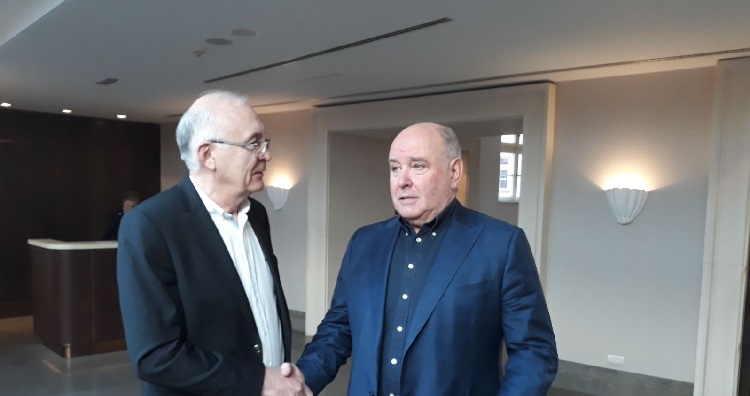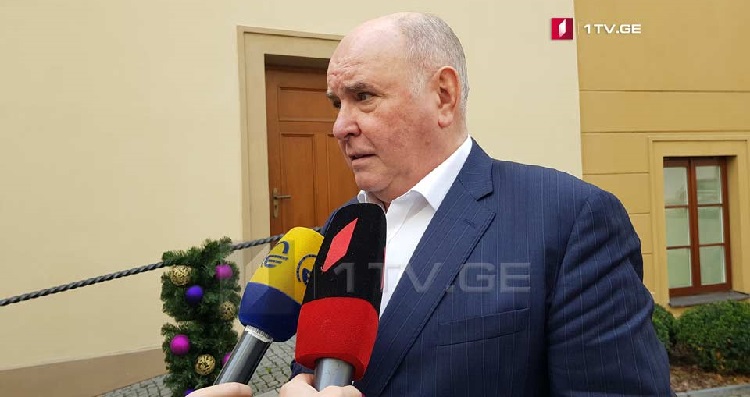Russia discussing whether to maintain economic dialogue with Georgia

Russia and Georgia restored trade and economic relations in 2013. Photo:mid.ru.
Russia is now discussing whether it should continue to hold trade and economic talks with Georgia, previously known as the Abashidze-Karasin talks, the only direct format of relations since the two countries suspended diplomatic ties in 2008 after the Russia-Georgia war.
Now this issue is being discussed. I hope that this channel of dialogue in one form or another will continue,” Russian Deputy Foreign Minister Andrey Rudenko told RIA Novosti.
The continuation of the talks came under question after the resignation of former Russian Deputy FM Gregory Karasin earlier this year, who had represented Russia in the talks since 2013.
Talks on trade, economic and humanitarian relations between Georgia and Russia had been held twice a year in Prague, with the involvement of Karasin and Georgian Prime Minister's Special Representative for Russia Zurab Abashidze.
The restoration of trade and economic relations was initiated by the Georgian Dream government in 2013, after it won the 2012 parliamentary elections.
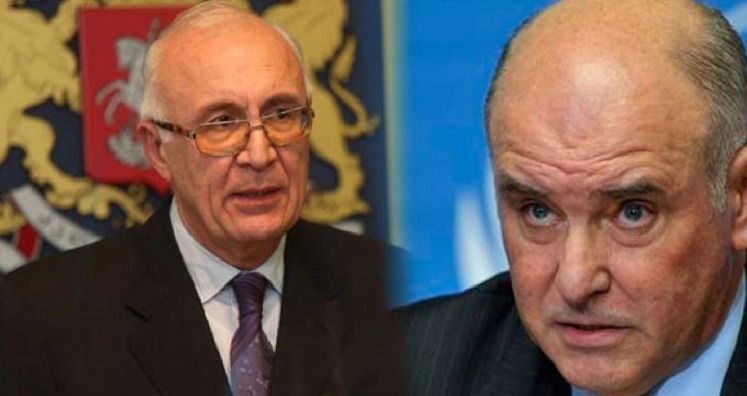 Zurab Abashidze (L) and Gregory Karasin have been involved in the economic talks since 2013. Photo: 1TV.
Zurab Abashidze (L) and Gregory Karasin have been involved in the economic talks since 2013. Photo: 1TV.
The most recent meeting between Karasin and Abashidze took place in June 2019, when Abashidze said that Georgia has exported 1.5 billion USD worth of products to Russia since 2013.
Karasin stated that 1.5 million Russian citizens visited Georgia last year.
He also said that Russia is among the top countries from where Georgia receives remittances.
The Russian Duma appealed to the government to ban the import of Georgian products in July 2019, after Russian MPs were forced to leave Georgia due to an incident in the Georgian parliament. However, Russian President Vladimir Putin refused to do so.
However, responding to the ’mistreatment of Russian MPs’, the country banned direct flights with Georgia which led to a decrease in the number of Russian tourists visiting Georgia in the summer.
 Tweet
Tweet  Share
Share
